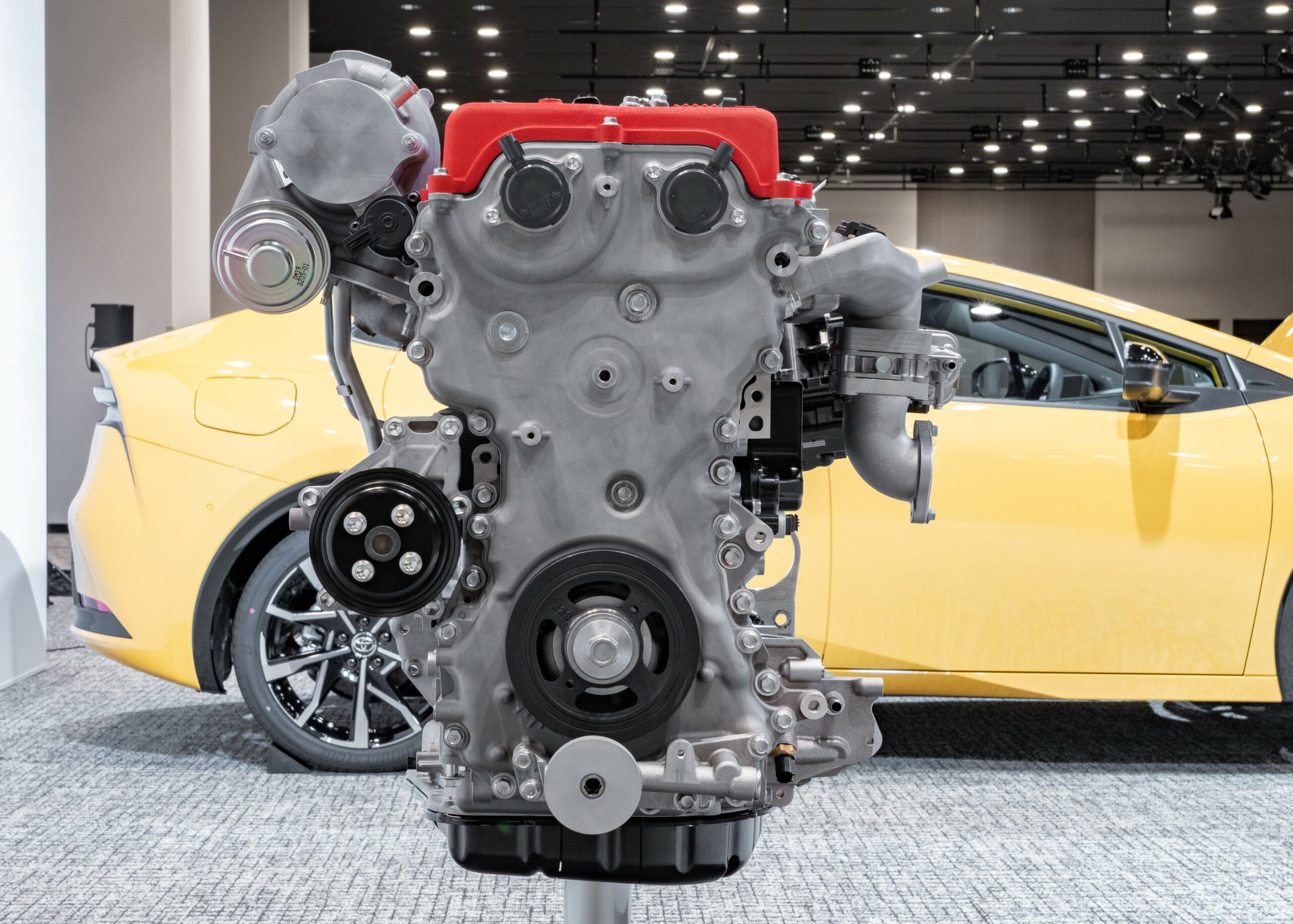GadgetWheels
Toyota, Subaru, Mazda commit to EV engines
The three brands have focused on carbon as the enemy as they seek to optimise their integration with electric drive units.
Published on


The three brands have focused on carbon as the enemy as they seek to optimise their integration with electric drive units.
Toyota, Subaru and Mazda have each committed to developing new engines tailored to electrification and the pursuit of carbon neutrality.
Each of the three companies says they aim to optimise integration with motors, batteries, and other electric drive units. However, internal combustion engines (ICE) won’t be left behind. While transforming vehicle packaging with more compact engines, these efforts will also decarbonise ICEs by making them compatible with various carbon-neutral (CN) fuels.
The three companies have all developed signature engines that not only represent their respective brands, but also cater to their customers’ needs and preferences.
Now, they have focused on carbon as the enemy.
“In order to provide our customers with diverse options to achieve carbon neutrality, it is necessary to take on the challenge of evolving engines that are in tune with the energy environment of the future,” said Koji Sato, president and CEO of Toyota Motor Corporation. “The three companies, which share the same aspirations, will refine engine technologies through friendly competition.”

This process has clarified the role that future engines will play in achieving carbon neutrality. With the next generation of engines, the three companies will seek to not only improve standalone engine performance but also optimise their integration with electric drive units, harnessing the advantages of each.
While being highly efficient and powerful, the new engines will also revolutionise vehicle packaging by being more compact than existing models. Smaller engines will allow for even lower hoods, improving design possibilities and aerodynamic performance while contributing to better fuel efficiency. The development will also emphasize compliance with increasingly strict emissions regulations.
At the same time, the new engines will be made carbon neutral by shifting away from fossil fuels and offering compatibility with various alternatives, including e-fuel (synthetic fuel), biofuels, and liquid hydrogen. In doing so, these engines will contribute to the broader adoption of CN fuels.
| Thank you for Signing Up |



